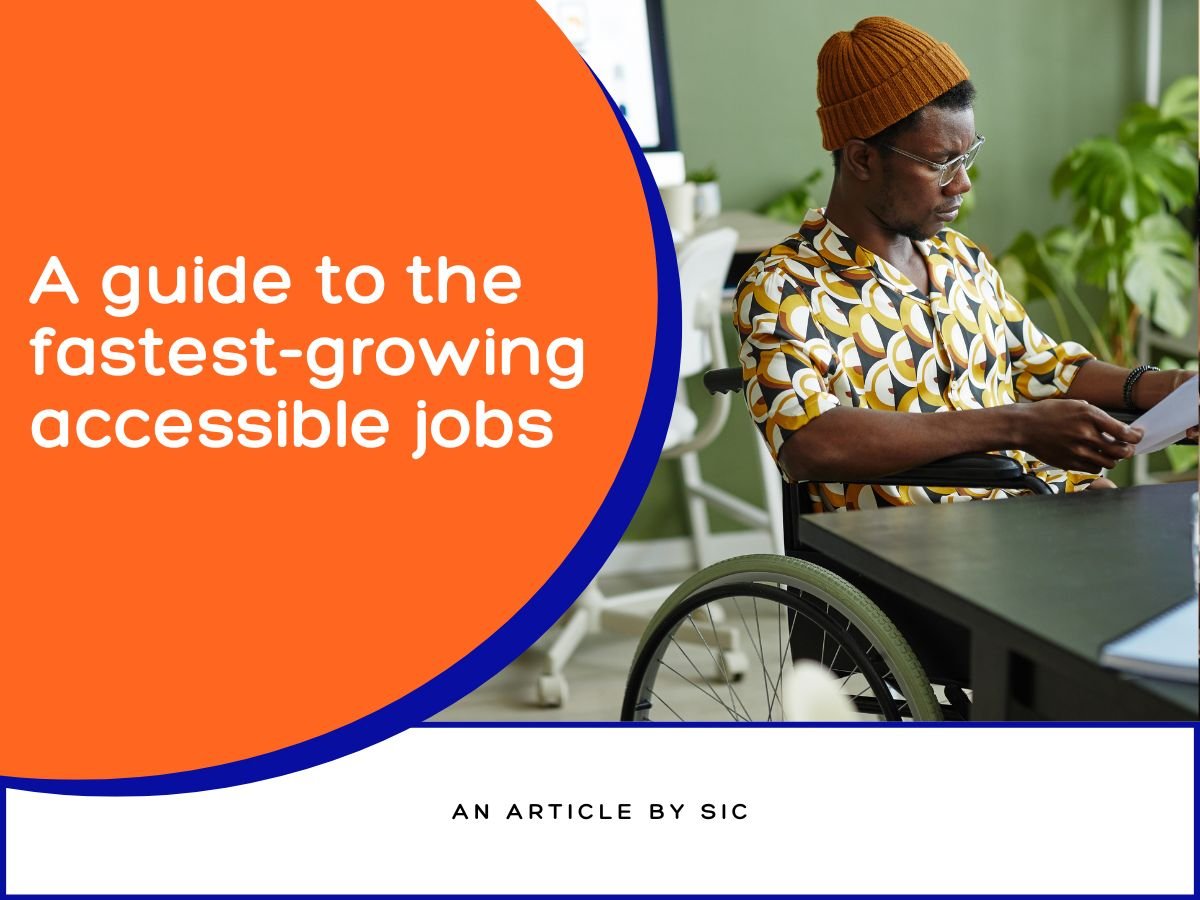How To Love Your Chronic Illness
It’s a strange notion, to love the part of you that causes you pain, makes you feel ill, and has changed your life- often for the worse. But to achieve a state of peace, happiness in the present and hope for the future, loving your chronic illness is the difference between hatred and bitterness, and calm acceptance.
I do want to make one thing very clear before we continue- calm acceptance does not mean giving up. It does not mean that you can’t feel sad, sick or angry. What it means is separating the causes of those emotions away from you, your body and the illness that is at its core.
Recognising that you don’t feel angry due to your illness, but at the lack of care from doctors. That you don’t feel sad due to your illness, but from the loss of friends who have left your life. You also don’t feel helpless and hopeless due to your illness- that stems from a society who doesn’t treat disabled people with dignity and as part of a functioning world.
We have a bad habit of attaching our own attributes and thoughts about ourselves with that of our illness. Are you really lazy, messy, forgetful or impatient? Or are these the traits of your illness that it imposes on you?
I encourage you to find time today to sit down and write down all of the emotions and traits you feel are tied to your relationship with your chronic illness, and think about it in terms of the bigger picture. Think about how you connect your emotions and traits to your illness, and then look at the root cause- is it really the illness in itself? Finally, think about an achievable solution.
Being able to process the emotions around your day to day feelings of your illness means that the next time that thought pops into your head, you can treat yourself with some gentle kindness.
I’ll do mine below on a recent health set back I have had so you can see what it looks like.
Emotion: Sadness
Illness: I will be getting diagnosed again with another illness in the next few weeks- something else has gone wrong in my body.
Root cause: I know how hard it is to be diagnosed with an illness, to be taken seriously, and that I am struggling with another loss of control over my body.
Solution: Research as much as I can about the condition so I can advocate for myself over the next few weeks and meditate for 10 minutes a day so I can take control of a small aspect of my life that won’t take too much energy or time.
So what did I learn from this? Number one, that it is OK to be sad about this situation. It also isn’t my illness that is making me sad, it’s the loss of control over my body and the impending expected fight I am going to have to have with doctors and healthcare that I have come to expect (I hope to be proved wrong.) Figuring out a solution doesn’t always have to be an activity, it can be a promise too. I know that I can dedicate myself to 10 minutes a day of guided meditation using the CALM app, and it will help with my mental health as well as give me control, and proactivity towards my health. (I know that stress and anxiety triggers flare ups, so it’s important that these are managed.)
The solution can also be a promise to follow more positive disability campaigners and advocates to support the cause of disability rights and be reminded that a lot of the negative feelings towards disability comes from the negative perception of disability in our society.
Another solution can be to seek out therapy, or a specialist chronic illness coach. It can be to read more literature about anger management, finding self confidence or letting go of grief. Whether the solution pops into your head, or you realise you need to sit quietly for a day and research online what would work the best for you.
When you’ve been able to detach, and work on the emotions you feel without tying them to your illness itself, it’s easy to be able to repeat the exercise with a twist- positive emotions. Again, your illness hasn’t directly caused positive emotions, but it will have led you down new paths, facilitated new experiences, made you look at the world in a different way.
Here is an example of a positive emotion:
Emotion: Grateful
Illness: Everyday I live in pain, I have had to deal with medical trauma and the grief of losing the life I could have had.
Root Cause: I am alive, I have a diagnosis, I am on medication that helps. I have met some incredible people and helped others.
Solution: I write in my journal and practice gratitude daily, recognising in a few sentences the good that has happened in the day and reflecting on the people and experiences that bring me happiness, love and joy.
Don’t get me wrong- you can’t simply write these out in an evening and expect to automatically love your chronic illness and what it does to you every day. It’s a re-learning process, that means coming back again and again to reflect on your emotions and actively work on the solutions. Give it a couple of months though, and I promise you you’ll start to notice a subtle shift in how you think.










